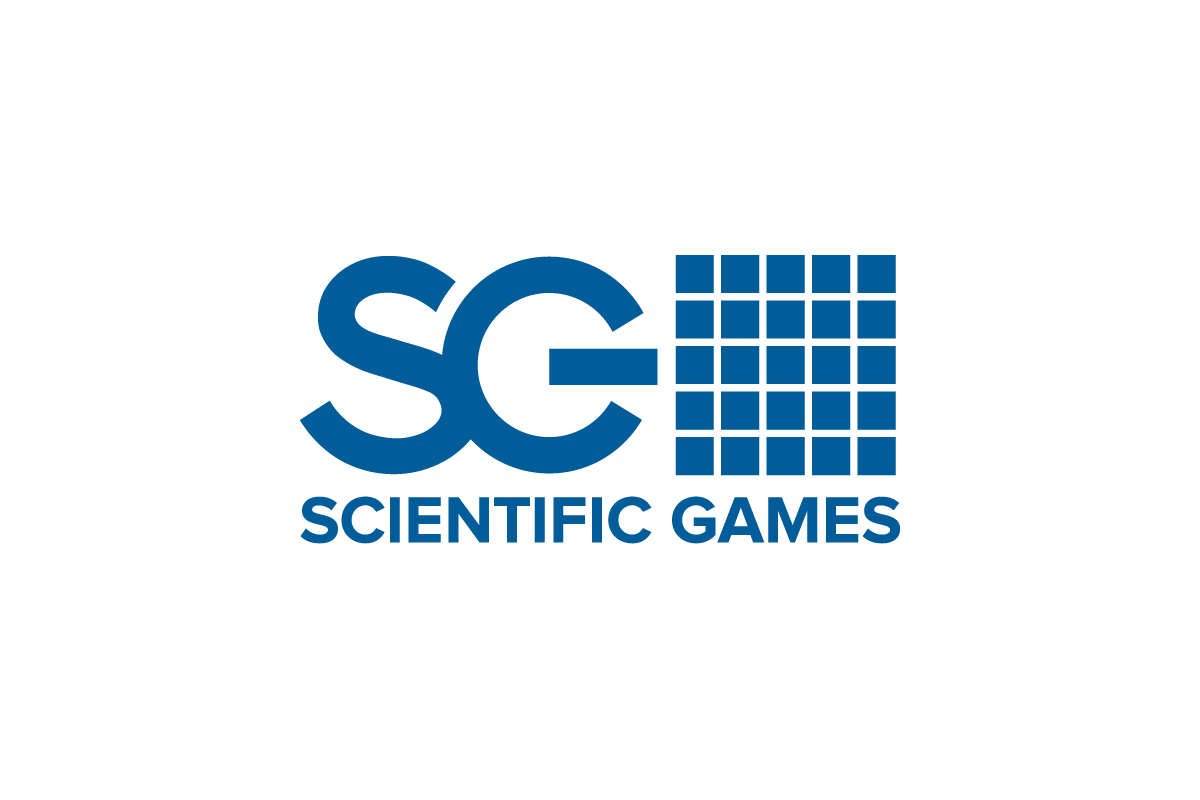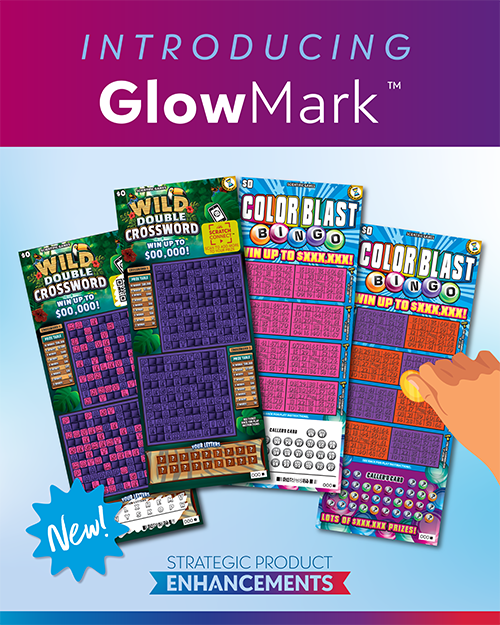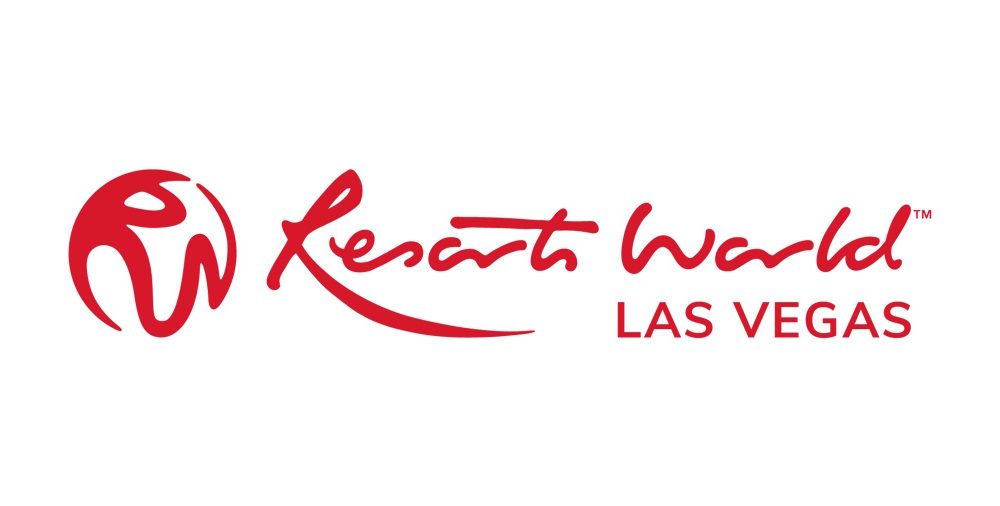

Gambling in the USA
NeoPollard Interactive Congratulates Virginia Lottery on Successful iLottery Launch
Expanded partnership between NPi and the Virginia Lottery introduces full iLottery program to Virginia Lottery players
NeoPollard Interactive LLC is proud to celebrate the Virginia Lottery’s successful launch of its comprehensive iLottery program on July 1, 2020. Through a five-year contract extension to October 2026, with an option for renewal to 2031, NPi is honored to strengthen its longstanding partnership with the Virginia Lottery to enhance its existing eSubscriptions solution to include single-ticket, same-day purchases of draw-based games and a compelling portfolio of NPi’s industry-leading eInstant games at launch.
NPi first partnered with the Virginia Lottery to provide an enhanced eSubscriptions solution and related services in 2016, following a competitive procurement process. Since then, the Virginia Lottery has been leveraging NPi’s NeoSphere iLottery platform and NeoDraw Central Gaming System to enable an end-to-end digital experience for players to purchase subscriptions online for Mega Millions, Powerball, and Cash4Life games. The eSubscriptions solution has grown significantly since launching in 2016, slated to generate $18 million this fiscal year, an increase of approximately 27% over fiscal year 2019.
With the introduction of a portfolio of the best performing eInstant games in North America, and the ability for players to purchase single tickets of their favorite draw-based games, the Virginia Lottery is just the sixth lottery in the U.S. to offer the capability for players to purchase a full suite of lottery games online. The timing of today’s launch is significant in that the legislation enabling online lottery sales comes into effect as of July 1, 2020. The Virginia Lottery team was steadfast in their commitment to delivering iLottery on this date to maximize funds raised for K-12 public schools.
“The collaboration between the Virginia Lottery and NPi teams demonstrates a shared commitment to bring a top quality online lottery option to Virginians,” said Virginia Lottery Executive Director Kevin Hall. “We are excited that our customers now can access our games wherever they are and whenever they want. By modernizing the way we deliver our products, we provide the convenience consumers have come to expect and also strengthen our ability to continue generating millions of dollars for Virginia’s K-12 public schools.”
“NPi is honored to celebrate with the Virginia Lottery team who worked tirelessly to ensure a successful launch of its iLottery offering today – the first day authorized by the legislature,” said Liz Siver, General Manager, NeoPollard Interactive. “This exciting day is the culmination of the Virginia Lottery’s careful attention to every fine detail of its program planning, strategy, and goals to ensure it will delight players and maximize funds in support of public education. We are grateful to our partners in Virginia for entrusting the success of its iLottery offering to NPi!”
The contract extension provides for an additional term of NPi’s iLottery managed services, including player experience services, such as NPi’s 24/7 Customer Support Center, and revenue-generating services such as game content and development as provided by NPi’s in-house Game Studio. The launch of the Virginia Lottery’s comprehensive iLottery program stands as a testament to NPi’s stature as the trusted provider of the most profitable iLottery programs.
SOURCE: NeoPollard Interactive
Gambling in the USA
GAMING INDUSTRY’S TOP CEOs BILL HORNBUCKLE, PETER JACKSON & JASON ROBINS TO KEYNOTE G2E 2025

Main Stage Also Features Tribal Innovation Discussion Oct. 6; Global Gaming Women to Present Mental Health Dialogue Oct. 8
The Global Gaming Expo, presented by the American Gaming Association (AGA) and organized by RX, announces its highly anticipated main stage programming for G2E 2025. Over three days, G2E will feature conversations with some of the most influential voices in gaming and offer diverse perspectives on the future of the industry. G2E 2025 takes place Oct. 6-9 at The Venetian Expo in Las Vegas and marks the event’s 25th year.
“We are honored to welcome a distinguished lineup of key industry leaders to the G2E main stage,” said AGA President and CEO Bill Miller. “As we mark 25 years of G2E, we’re proud to continue to be a catalyst for gaming’s growth, and our programming reflects the ideas and leadership shaping the industry’s future.”
Progress or Pressure: How Tribes Can Harness Innovation on Their Terms
Monday, Oct. 6 at 4 p.m. Doors open at 3:30 p.m.
Indian Gaming Association (IGA) Chairman Ernie Stevens Jr. will open the main stage by underscoring the central contributions of tribal operators to the U.S. gaming landscape and the challenges and opportunities that lie ahead.
Bringing together leading tribal voices, the program will explore how tribes embrace innovation on their own terms—balancing growth with sovereignty and long-term success. Panelists will address how emerging technologies, evolving business models, and the rise of illegal, unregulated markets are reshaping the competitive environment. The dialogue will highlight both the opportunities to harness new tools for sustainable growth and the pressures of protecting the industry’s integrity in a rapidly changing landscape.
Moderated by IGA’s Executive Director Jason Giles, the conversation will feature:
- Rodney Butler, Chairman, Mashantucket Pequot Tribal Nation
- James Siva, Chairman, California Nations Indian Gaming Association
Additional participants may be announced in the coming days.
Inside the C-Suite: Gaming’s Future in Focus on Stage
Tuesday, Oct. 7 at 8:45 a.m. Doors open at 8:15 a.m.
AGA President and CEO Bill Miller will open G2E 2025’s keynote session, welcoming global gaming professionals and underscoring the strength and momentum of legal gaming upon the opening of the industry’s biggest gathering of the year.
Following Miller’s remarks, Hope King, founder of Macro Talk, on-air contributor to Yahoo Finance, and events host and moderator for Axios, will lead an impactful series of one-on-one conversations with top global gaming CEOs. Discussions will address key trends and challenges shaping the industry—including investor expectations, domestic and international expansion, and intensifying competition in regulated and unregulated markets. Featuring:
- Bill Hornbuckle – CEO & President, MGM Resorts International
- Peter Jackson – CEO, Flutter Entertainment
- Jason Robins – CEO, DraftKings
The session will conclude at 10 a.m., immediately followed by the opening of the expo floor.
Breaking the Stigma: An Honest Dialogue on Mental Health
Wednesday, Oct. 8 at 9 a.m. Doors open at 8:45 a.m.
Multi-sport athlete and mental health advocate Kendall Toole will share her personal journey in a conversation moderated by Global Gaming Women (GGW) Sip & Social Chair Meghan Speranzo. Presented by GGW, the session will foster an open dialogue on mental health, designed to reframe how attendees think about wellness and inspire stronger voices across the gaming industry and beyond. This conversation will be open to all badge holders. Ahead of the discussion, GGW will host their Sip & Social event from 8 a.m. – 8:45 a.m. in the same room. For more information on this separate networking event, visit globalgamingwomen.org/event-6325670.
Presented by the AGA and organized by RX, G2E’s full education lineup features more than 100 sessions. G2E 2025 runs from October 6-9 (Education: October 6-9 | Expo Hall: October 7-9) at The Venetian Expo in Las Vegas.
Since 2001, G2E has served as the premier global event for the legal, regulated gaming industry, fostering innovation and driving growth across casinos, hospitality, technology, iGaming, sports betting, and more. The event will welcome over 25,000 industry professionals from more than 120 countries, regions, and territories, and nearly 400 exhibitors showcasing the latest global gaming technologies.
For more information, visit globalgamingexpo.com.
The post GAMING INDUSTRY’S TOP CEOs BILL HORNBUCKLE, PETER JACKSON & JASON ROBINS TO KEYNOTE G2E 2025 appeared first on Gaming and Gambling Industry in the Americas.
Gambling in the USA
Scientific Games Introduces GlowMark, All-New Fluorescent Marking System for Lottery Extended Play Scratch Games

Vibrant Neon Marking System Enhances the Play Experience for Popular Crossword and Bingo Games
Scientific Games has created an all-new fluorescent marking system for lottery extended play scratch games such as crossword and bingo, adding a vibrant neon glow to the play experience. Recognizing the expanding popularity of extended play games, which have seen significant growth in recent years, the company’s metro Atlanta-based scratch game designers, game programmers, chemists and production experts developed GlowMark to give players a bright fluorescent surprise when they scratch the game. The innovation is available to U.S. and international lotteries.

Scientific Games, the world’s largest creator, producer and manager of lottery games, offers more than 100 strategic product enhancements for its world-leading lottery instant products. The new GlowMark marking system reveals a contrasting neon fluorescent color when the player scratches the play area, a vibrant departure from the typical white reveal area found in most games.
SG Analytics indicate extended play lottery games have grown by 32% in the past five years (2019-2024). Today, they represent 18.3% of U.S. lottery retail sales. What was once a niche product is now offered by 44 U.S. lotteries, with retail sales topping $11.5 billion last year.
Scratch games featuring fluorescent inks also grew in popularity, representing more than 12% of games in the market by fiscal year 2025. Additionally, $10 scratch games with fluorescent inks outperformed other $10 games by nearly 9% in fiscal year 2025.
“Our Innovation and Discovery teams developed this innovation by using fluorescents to enhance the scratch game experience and are now thrilled to debut GlowMark, our newest advancement in extended play marking systems,” said Danielle Hodges, Senior Director, Global Product Innovation & Development for Scientific Games. “GlowMark gives games a strong, visually appealing contrast between the marked and unmarked areas of the game, adding excitement with glowing neon colors.”
Extended play scratch games produced at Scientific Games’ metro Atlanta global headquarters, as well as production facilities in Canada and the UK, can feature GlowMark. The company’s products represent 70% of lottery instant game global retail sales.
Innovating products and solutions that move the global lottery industry forward since 1973, Scientific Games provides retail and digital games, technology, analytics and services to 150 lotteries in 50 countries worldwide.
GlowMark is a trademark of Scientific Games, LLC. © 2025 Scientific Games, LLC. All Rights Reserved.
is a trademark of Scientific Games, LLC. © 2025 Scientific Games, LLC. All Rights Reserved.
The post Scientific Games Introduces GlowMark, All-New Fluorescent Marking System for Lottery Extended Play Scratch Games appeared first on Gaming and Gambling Industry in the Americas.
Gambling in the USA
Resorts World Las Vegas Appoints Respected Industry Leaders Lou Dorn as Chief Legal Officer and Corporate Secretary; Elizabeth Tranchina as General Counsel

Resorts World Las Vegas announces the appointments of Lou Dorn as Chief Legal Officer and Corporate Secretary, and Elizabeth Tranchina as General Counsel. Together, they bring proven leadership across the gaming and hospitality industries and will oversee legal, regulatory, governance, and risk-related functions for the resort, helping to drive operational excellence and support long-term growth.
“Lou brings an exceptional depth of experience in gaming law and regulatory compliance that will be instrumental as we continue to grow and evolve,” said Jim Murren, Chairman of Resorts World Las Vegas. “His leadership will help ensure our operations remain forward-thinking, responsible and built on a strong legal foundation.”
Dorn’s distinguished career spans both public service and private-sector leadership. He comes to Resorts World from Bally’s Corporation, where he served as Senior Vice President and General Counsel – North America and oversaw legal operations for 19 casino and resort properties across the U.S., including online gaming and sports wagering platforms. Prior to that, he held executive legal roles at Monarch Casino & Resort, SLS Las Vegas, Aliante Casino and Hotel and the Las Vegas Hilton, where he led legal strategy, compliance programs and regulatory affairs.
Earlier in his career, Dorn served as Chief of the Corporate Securities Division for the Nevada Gaming Control Board and as Deputy Attorney General for the State of Nevada. In these roles, he helped shape and enforce gaming regulations and compliance for the state, gaining a comprehensive understanding of both Nevada gaming law and federal securities law.
“Joining Resorts World Las Vegas at such a dynamic time in its growth is an exciting opportunity,” said Dorn. “Having spent my career navigating the complexities of gaming law and regulatory compliance, I look forward to supporting the resort’s continued success by ensuring we operate with the highest standards of legal integrity and strategic governance.”
Resorts World Las Vegas also welcomes Elizabeth Tranchina as General Counsel. A seasoned legal counsel with more than 20 years of legal and regulatory compliance experience in the gaming and hospitality industry, Tranchina began her legal career as an Assistant Attorney General in the Gaming Division for the Louisiana Department of Justice. She most recently served as General Counsel for Investar Bank, headquartered in Louisiana, overseeing the legal operations for more than 20 branch locations across Louisiana, Texas and Alabama. Prior to that, she was General Counsel at Rio Hotel & Casino where she managed the legal, regulatory compliance and risk functions for the property. Tranchina has held senior leadership roles at publicly traded gaming, sports betting, and iGaming companies, overseeing legal and compliance matters across multiple jurisdictions.
“Elizabeth brings a steady, solutions-oriented mindset to complex legal challenges. Her experience across gaming and financial services adds valuable perspective to our leadership team, and her contributions will be instrumental as we continue to grow,” said Carlos Castro, President and Chief Financial Officer for Resorts World Las Vegas.
For more information about Resorts World Las Vegas, please visit rwlasvegas.com.
The post Resorts World Las Vegas Appoints Respected Industry Leaders Lou Dorn as Chief Legal Officer and Corporate Secretary; Elizabeth Tranchina as General Counsel appeared first on Gaming and Gambling Industry in the Americas.
-

 gaming3 years ago
gaming3 years agoODIN by 4Players: Immersive, state-of-the-art in-game audio launches into the next generation of gaming
-
EEG iGaming Directory9 years ago
iSoftBet continues to grow with new release Forest Mania
-
News7 years ago
Softbroke collaborates with Asia Live Tech for the expansion of the service line in the igaming market
-
News7 years ago
Super Bowl LIII: NFL Fans Can Bet on the #1 Sportsbook Review Site Betting-Super-Bowl.com, Providing Free Unbiased and Trusted News, Picks and Predictions
-
iGaming Industry8 years ago
Rick Meitzler appointed to the Indian Gaming Magazine Advisory Board for 2018
-
News7 years ago
REVEALED: Top eSports players set to earn $3.2 million in 2019
-
iGaming Industry8 years ago
French Senator raises Loot Boxes to France’s Gambling Regulator
-
News7 years ago
Exclusive Interview with Miklos Handa (Founder of the email marketing solutions, “MailMike.net”), speaker at Vienna International Gaming Expo 2018






